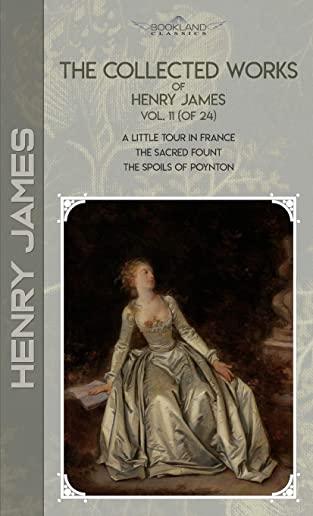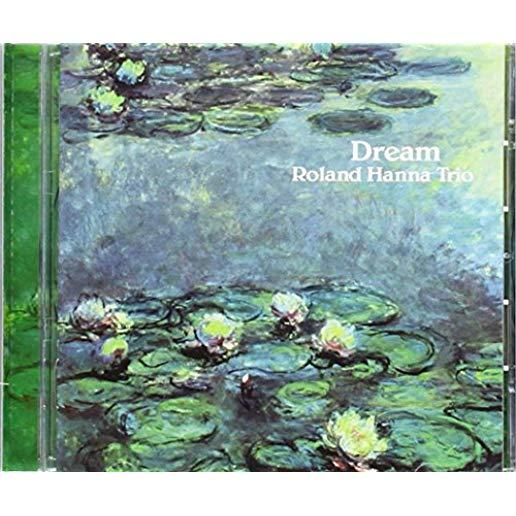
James, Henry
A Little Tour in France is a book of travel writing by American writer Henry James. Originally published under the title En Province in 1883-1884 as a serial in The Atlantic Monthly, the book recounts a six-week tour James made of many provincial towns in France, including Tours, Bourges, Nantes, Toulouse, Arles and several others. The first book publication was in 1884. A second, extensively revised edition was published in 1900.
James gives the idea for the book in the first paragraph of the first installment of the original magazine serial: "France may be Paris, but Paris is not France." He conceived the book as a description of and even homage to the provinces. James had tried living in Paris before settling in London in 1876. He returned to France in 1882 to discover more of French provincial life than he had previously been able to see.
James began his tour in Touraine, then journeyed southwest through Provence, and then north along the flooding Rh ne River to Burgundy. The resulting book was a pleasant mix of art and architecture criticism, references to classic literature as well as guide-books and pamphlets, sharp observation of people and places, and knowledgeable discussion of French history and culture - all communicated in an easygoing, urbane, witty style.
The Sacred Fount is a novel by Henry James, first published in 1901. This strange, often baffling book concerns an unnamed narrator who attempts to discover the truth about the love lives of his fellow guests at a weekend party in the English countryside. He spurns the "detective and keyhole" methods as ignoble, and instead tries to decipher these relationships purely from the behavior and appearance of each guest. He expends huge resources of energy and ingenuity on his theories, much to the bemusement of some people at the party.
The Spoils of Poynton is a novel by Henry James, first published under the title The Old Things as a serial in The Atlantic Monthly in 1896 and then as a book in 1897. This novel traces the shifting relations among three people and a magnificent collection of art, decorative arts, and furniture arrayed like jewels in a country house called Poynton. Mrs. Gereth, a widow of impeccable taste and iron will, formed the collection over decades only to have it torn away from her when her son Owen decides to marry a frivolous woman. The story is largely told from the viewpoint of Fleda Vetch, a keenly intelligent young woman of straitened circumstances who, shortly after becoming the intimate friend and companion of Mrs. Gereth, falls in love with Owen. Sympathetic to Mrs. Gereth's anguish over losing the fine things she patiently collected, Fleda shuttles between the estranged mother and son, becoming ever more involved in their affairs.
Widow Adela Gereth tells the sensitive and tasteful Fleda Vetch that she's afraid her son Owen (heir to the family home Poynton) will marry the coarse Mona Brigstock. Mrs Gereth dreads the prospect of her painstakingly collected furniture and other art objects being given up to a philistine wife, while being left to live alone in Ricks, a small and coarsely designed cottage bequeathed to her. Owen in turn enlists Fleda to get his mother to leave with a minimum of fuss.
member goods
listens & views

ECHOCORD JUBILEE COMP 3 / ...
by ECHOCORD JUBILEE COMP 3 / VARIOUS (EP)
VINYL LPout of stock
$14.49






